2025 Custom Cabinets: Trending, Durable, Eco-Friendly Material Picks
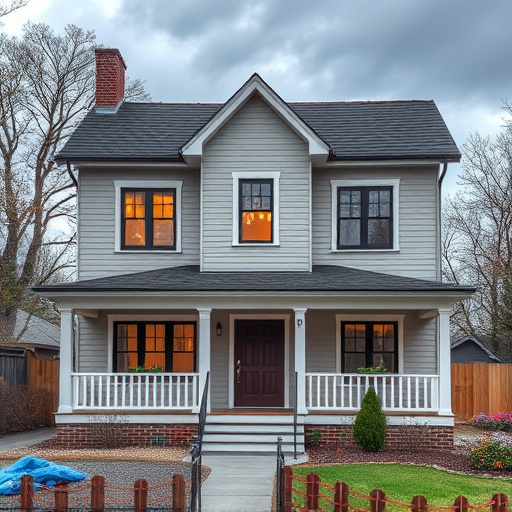
The custom cabinets market is shifting towards sustainable and aesthetically pleasing options driven…….
Welcome to an immersive exploration of the world of custom cabinets—a realm where design meets functionality, creating tailored solutions for some of life’s most cherished spaces. This article aims to delve into the intricacies of custom cabinetry, its global impact, and the myriad ways it shapes our daily experiences. By the end, readers will grasp the profound influence of these crafted pieces on both residential and commercial interiors.
Definition: Custom cabinets refer to bespoke furniture items designed and crafted specifically to meet the unique requirements of a space or individual. These cabinets are not mass-produced; instead, they are tailored to fit specific dimensions, styles, and purposes, ensuring optimal functionality and aesthetic appeal.
Core Components:
Design: The process begins with a client’s vision or a designer’s concept, translated into detailed plans. This includes considerations like layout, materials, finishes, and hardware.
Materials: Custom cabinets can be crafted from various materials, including wood (such as oak, maple, or walnut), stainless steel, glass, or even stone. The choice often depends on the project’s style, budget, and desired durability.
Craftsmanship: Skilled artisans play a pivotal role in bringing custom cabinets to life. Their expertise involves precise cutting, shaping, and assembly, ensuring each cabinet is a masterpiece.
Customization Options: From drawer configurations and door styles to unique finishes and hardware choices, custom cabinets offer endless possibilities for personalization.
Historical Context: The concept of custom cabinetry has deep roots, dating back centuries. Historically, artisans crafted furniture pieces to order, adapting designs to meet specific needs. This tradition evolved into a modern art form, with contemporary cabinetmakers combining traditional craftsmanship with innovative design elements.
Custom cabinets have transcended geographical boundaries, leaving an indelible mark on diverse international landscapes. Here’s a glimpse into their global influence:
North America: The United States and Canada are hotspots for custom cabinetry, with a growing demand for bespoke kitchen and bathroom cabinets. Trends here often revolve around rustic, natural finishes and modern, minimalist designs.
Europe: European countries like Germany, Italy, and France have long been recognized for their craftsmanship. Custom cabinets in Europe showcase a blend of traditional and contemporary styles, with a focus on high-end materials and intricate details.
Asia Pacific: The region’s rapid urbanization has fueled the market for custom cabinets, particularly in urban centers like Tokyo, Sydney, and Singapore. Asian preferences often lean towards sleek, modern designs with a touch of cultural heritage incorporated into the cabinetry.
Middle East and Africa: These regions are witnessing a rise in luxury housing, driving the demand for high-end, custom cabinets. Designs here can be heavily influenced by local architectural styles and cultural motifs.
Key Global Trends:
| Trend | Description |
|---|---|
| Sustainability Focus: A growing emphasis on eco-friendly materials and sustainable production methods is shaping cabinet design worldwide. | |
| Smart Home Integration: Custom cabinets are increasingly incorporating smart technology, offering integrated solutions for storage and entertainment systems. | |
| Modular Design: Modular cabinetry allows for flexible configurations, catering to changing lifestyles and space requirements. | |
| Cultural Fusion: A blend of traditional and modern styles is becoming prevalent, with designers drawing inspiration from diverse cultural sources. |
The global custom cabinet market is a dynamic and lucrative sector, influenced by various economic factors:
Market Size: According to a 2021 report by Grand View Research, the global market size was valued at USD 74.6 billion in 2020 and is projected to expand at a CAGR of 5.8% from 2021 to 2028. This growth indicates a rising demand for custom cabinets globally.
Investment Patterns: High-end custom cabinet manufacturers and artisans often attract significant investments, with luxury brands leading the market. Private equity firms and venture capitalists are increasingly targeting this sector due to its high growth potential.
Economic Impact: Custom cabinetry contributes to economic growth by supporting local businesses, fostering employment opportunities for skilled craftsmen, and driving the construction and interior design industries.
Price Factors: Pricing for custom cabinets varies widely based on materials, complexity of design, and the reputation of the cabinetmaker. High-end, one-of-a-kind pieces can command premium prices, while more standard options offer accessibility to a broader market.
Technology has played a pivotal role in transforming custom cabinetry, enhancing efficiency, design capabilities, and user experiences. Here are some significant advancements:
Computer-Aided Design (CAD) Software: CAD systems have revolutionized the design process, allowing for precise 3D modeling and visualization. Designers can create intricate cabinet layouts, simulate different materials and finishes, and easily make adjustments, leading to faster production times and reduced errors.
Laser Cutting and CNC Machining: These technologies enable precise cutting and shaping of materials, ensuring intricate designs are executed with accuracy. Laser cutting is particularly useful for complex patterns and curved surfaces, while CNC machining offers exceptional precision for geometric shapes.
Smart Home Technology Integration: Custom cabinets are increasingly incorporating smart home systems, such as built-in speakers, touch controls, and automated lighting. This integration enhances user experiences and adds value to the space.
Virtual Reality (VR) and Augmented Reality (AR): VR and AR technologies are being used for immersive design experiences. Clients can virtually “walk into” a space equipped with custom cabinets, providing a realistic preview of the final result.
The custom cabinet industry is subject to various policies and regulations that ensure quality, safety, and ethical practices. Here’s an overview:
Building Codes: Local building codes often dictate minimum standards for construction, including cabinet manufacturing. These regulations cover aspects like material strength, hardware safety, and structural integrity.
Environmental Standards: Many regions have implemented environmental regulations related to the use of specific materials and finishes. Compliance with these standards is essential to avoid legal issues and promote sustainable practices.
Intellectual Property Rights: Designers and manufacturers must be mindful of intellectual property laws, protecting their unique designs and preventing copyright infringement.
Export/Import Regulations: For international trade, custom cabinets must adhere to export and import regulations, including documentation, tariffs, and country-specific standards.
Despite its numerous advantages, the custom cabinet industry faces several challenges that require strategic solutions:
Cost and Lead Time: Customization often comes with higher costs and longer lead times compared to mass-produced cabinets. Addressing these issues involves efficient production processes, material cost optimization, and transparent communication with clients.
Skill Shortage: The demand for skilled artisans outstrips the supply in many regions, leading to a shortage of qualified cabinetmakers. Investing in training programs and promoting the craft can help mitigate this challenge.
Quality Control: Ensuring consistent quality across custom projects is crucial. Implementing rigorous quality control measures, including regular inspections and feedback loops, can maintain high standards.
Customer Expectations: Managing client expectations is essential. Clear communication about design possibilities, lead times, and pricing helps set realistic goals and prevents post-project dissatisfaction.
In a bustling metropolis, an old industrial loft underwent a transformative renovation. Custom cabinets were designed to maximize storage while preserving the raw, urban aesthetic. The project featured floor-to-ceiling shelves, integrated lighting, and a modular wall system, creating a dynamic space that seamlessly blended functionality and style.
On a pristine coastal property, a bespoke cabinet design brought a luxurious touch to the villa’s interior. Handcrafted from exotic woods and featuring intricate inlay work, the cabinets complemented the elegant architecture and provided ample storage for the homeowner’s extensive collection of fine art and antiques.
A forward-thinking tech startup sought to create an eco-friendly office environment. Custom cabinets were designed with a focus on sustainability, utilizing recycled materials and energy-efficient lighting. The result was a vibrant, modern workspace that reflected the company’s commitment to environmental responsibility.
The custom cabinet industry is poised for continued growth and innovation, driven by several emerging trends:
Sustainability at the Core: Environmental concerns will remain a significant influencer, pushing manufacturers to develop eco-friendly materials and production methods. Recycled content, sustainable finishes, and energy-efficient hardware will gain prominence.
Smart Homes and IoT Integration: As the Internet of Things (IoT) expands, custom cabinets will play a central role in connecting homes. Integrated sensors, voice controls, and automated systems will enhance convenience and security.
Modular Design for Flexibility: Modular cabinetry will continue to gain popularity, allowing for easy reconfiguration as lifestyles change. This trend aligns with the growing demand for adaptable, multi-functional spaces.
Cultural Fusion and Diversity: The industry will embrace cultural diversity, drawing inspiration from global sources. Hybrid designs blending traditional and modern elements will offer unique, personalized aesthetics.
Custom cabinets are more than just furniture; they are the artisans’ canvas, transforming spaces into functional works of art. From bustling cities to tranquil coastal retreats, these crafted pieces enhance lifestyles by providing tailored storage solutions and defining personal styles. As technology advances and global trends evolve, the custom cabinet industry will continue to shape interior design, fostering a deeper connection between humans and their living environments.
Q: How much do custom cabinets typically cost?
A: Custom cabinet pricing varies widely based on factors like materials, complexity of design, size, and location. On average, they can range from $50 to $500 per linear foot or more for high-end pieces.
Q: Can I get custom cabinets if I live in a remote area?
A: Absolutely! With modern technology, including online design consultations and delivery services, remote clients can still access custom cabinet services. Many manufacturers offer nationwide shipping and installation options.
Q: Are custom cabinets worth the investment?
A: Custom cabinetry offers unique, high-quality pieces tailored to your needs. While it may come at a higher cost initially, the longevity, customization, and enhanced value it brings to your space make it a worthwhile investment for many homeowners.
Q: How do I choose the right cabinetmaker?
A: Research is key. Look for artisans with an impressive portfolio, positive client reviews, and expertise in your desired style. In-person consultations are valuable for understanding their work and communication style.
Q: Can custom cabinets be reconfigured later?
A: Many modular or well-designed custom cabinets can be reconfigured or adjusted to accommodate changing needs. This flexibility is a significant advantage of investing in custom cabinetry.

The custom cabinets market is shifting towards sustainable and aesthetically pleasing options driven…….
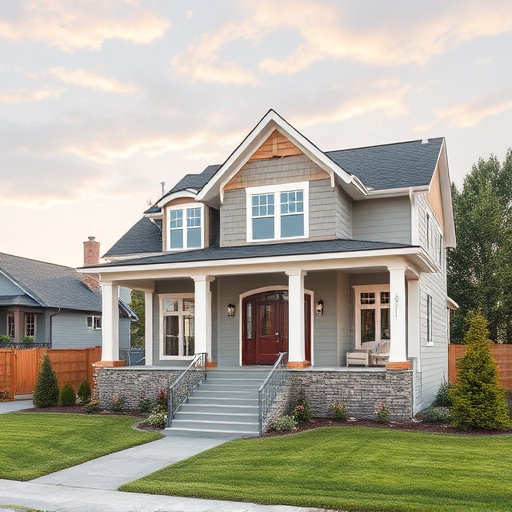
Understanding custom cabinet costs involves considering design complexity, material choices, and pro…….
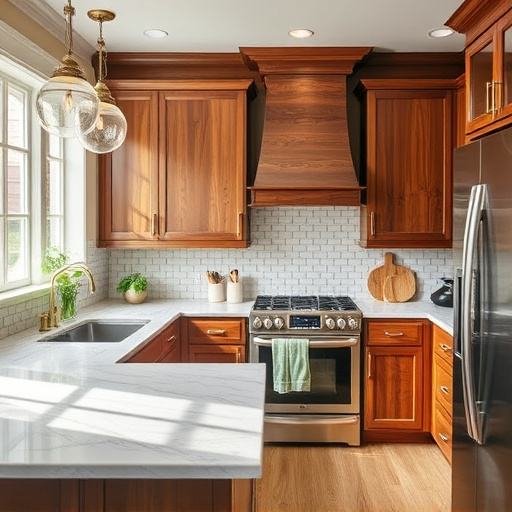
Custom cabinets maximize space potential and offer personalized design for kitchens, bathrooms, and…….
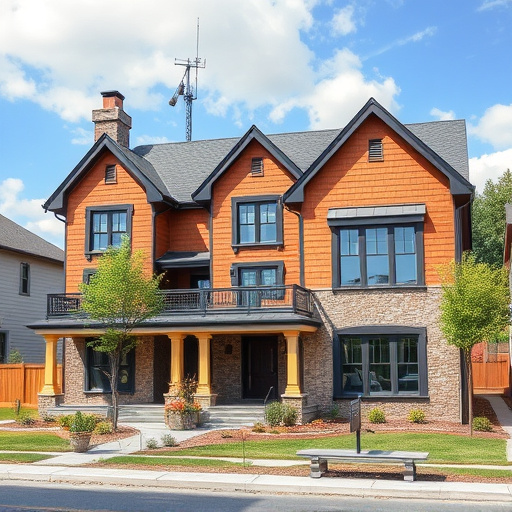
Understanding your space is crucial for custom cabinets, which offer unparalleled flexibility and ta…….
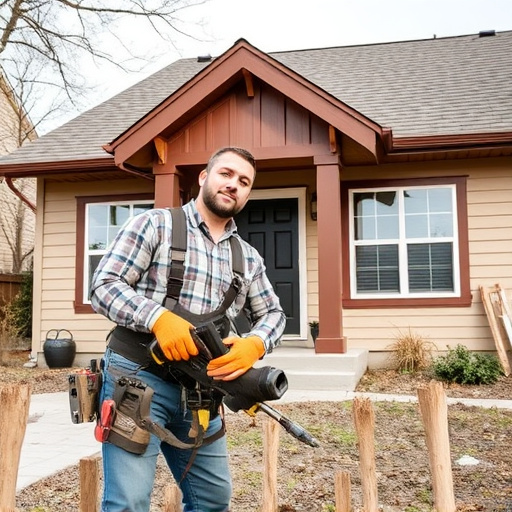
Natural wood finishes and minimalist designs are driving a resurgence in custom cabinet popularity f…….
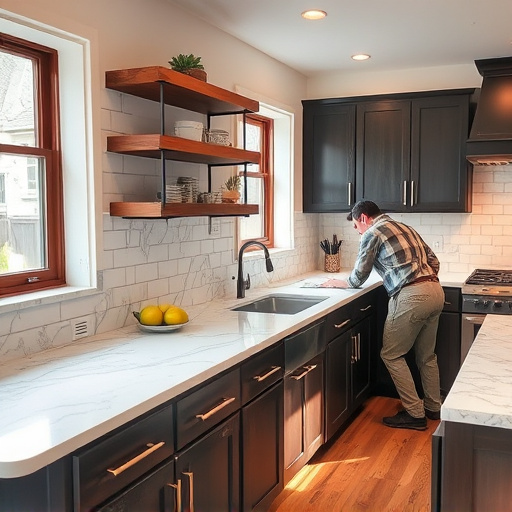
Custom cabinets offer tailored solutions for space optimisation and style reflection in home remodel…….
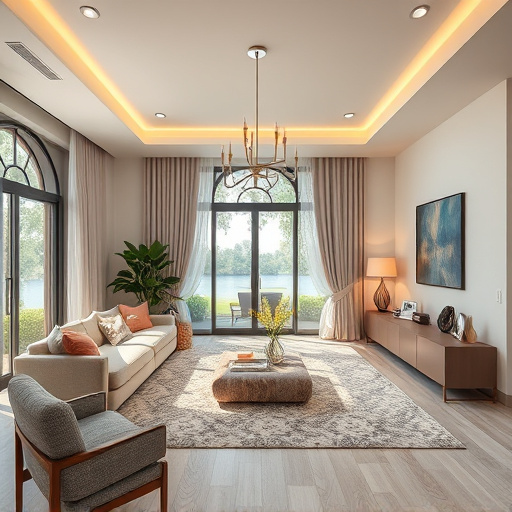
Before designing custom cabinets for small spaces, accurately measure dimensions and height to ensur…….
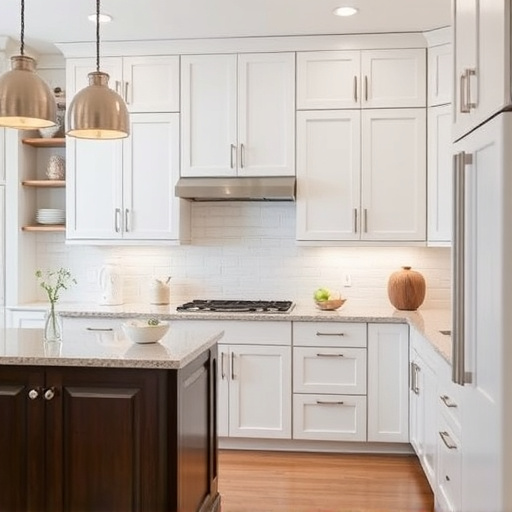
Understanding your space is crucial for designing custom cabinets. Create a floor plan, measure dime…….
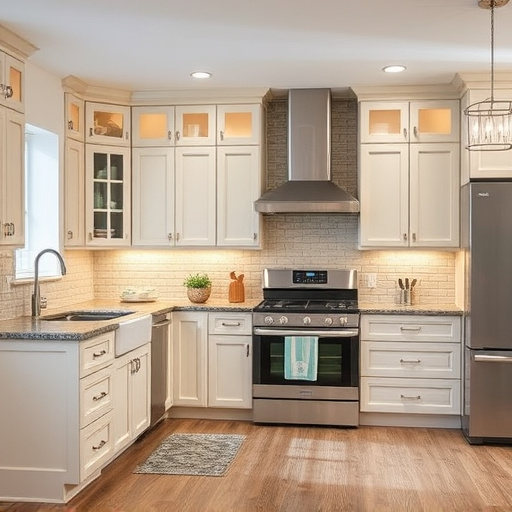
Custom cabinets elevate home renovations by offering limitless design possibilities, ensuring a perf…….